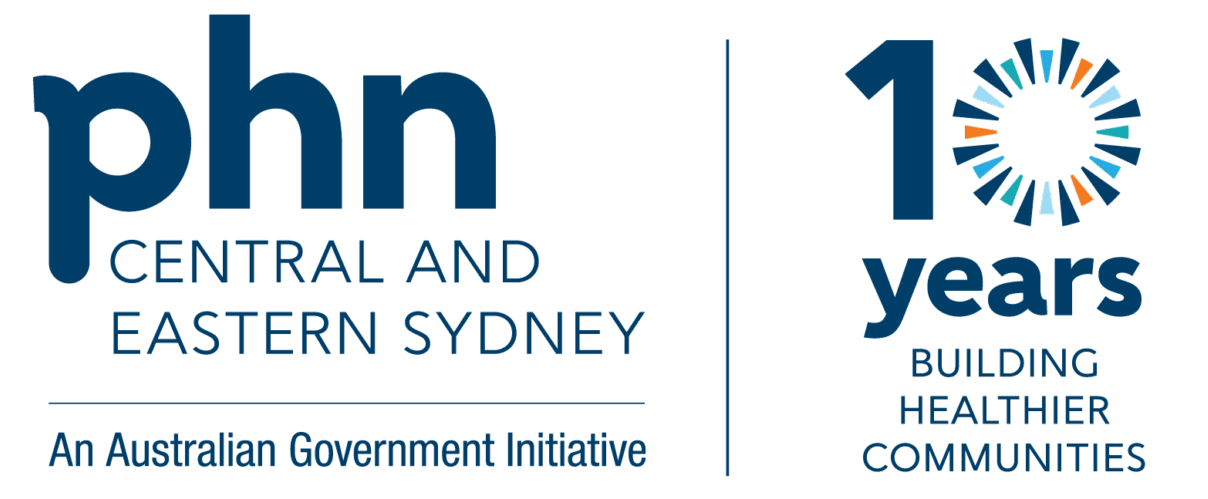
Immunisation update – 16 February 2026
Immunisation Weekly Update: Vaccination across the lifespan: A comprehensive vaccination workshop Get prepared for 2026 flu vaccinations – review your pre allocation Measles alerts for Sydney Education Vaccination across the lifespan: A comprehensive vaccination workshop CESPHN would like to invite immunisers working within our region to join us for an…


